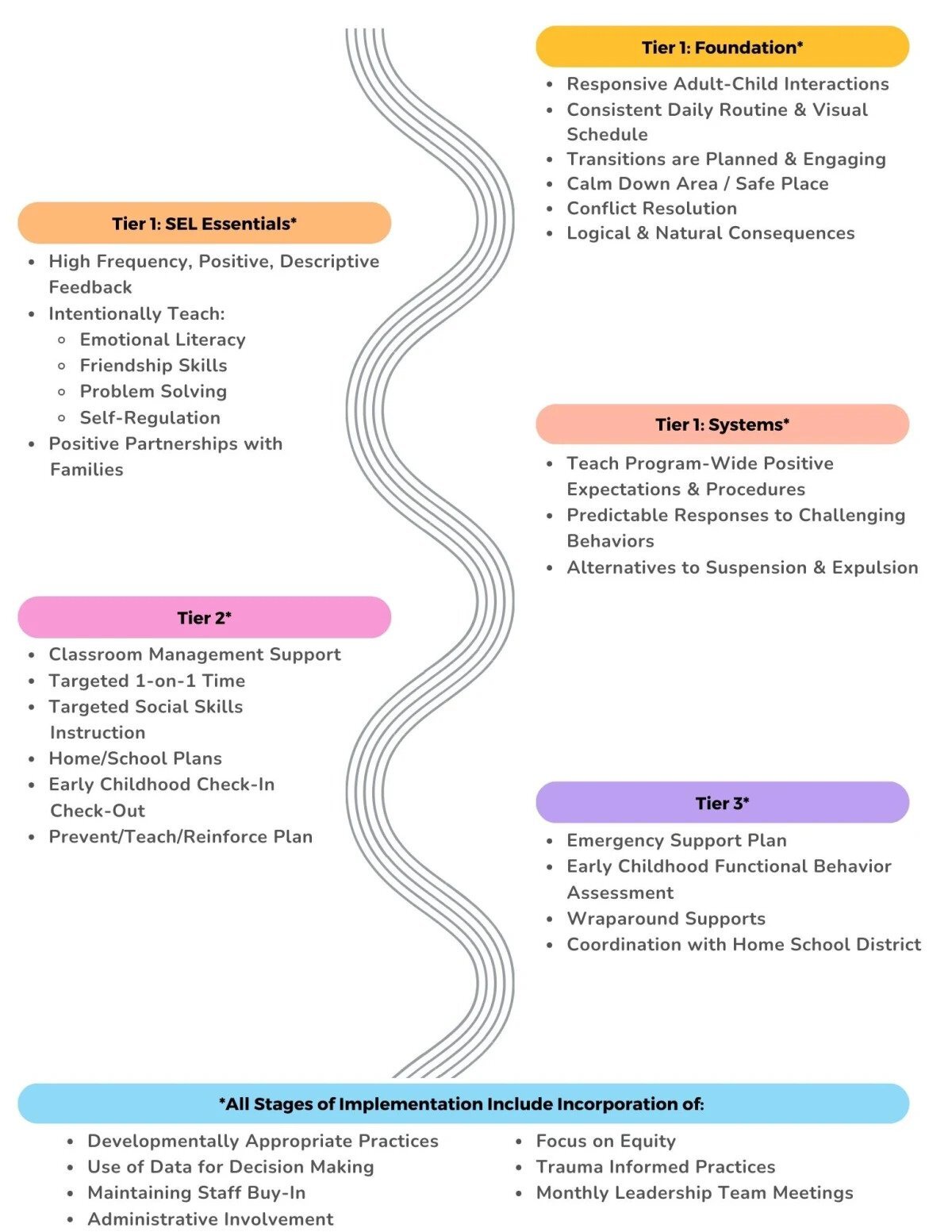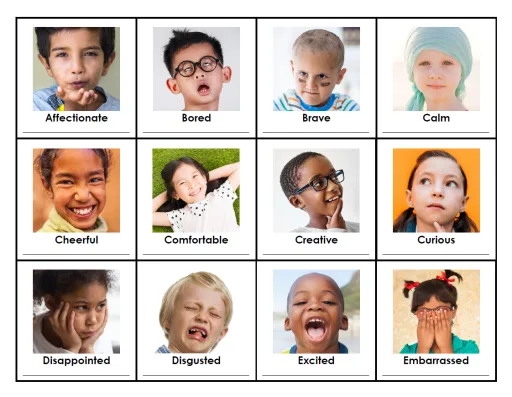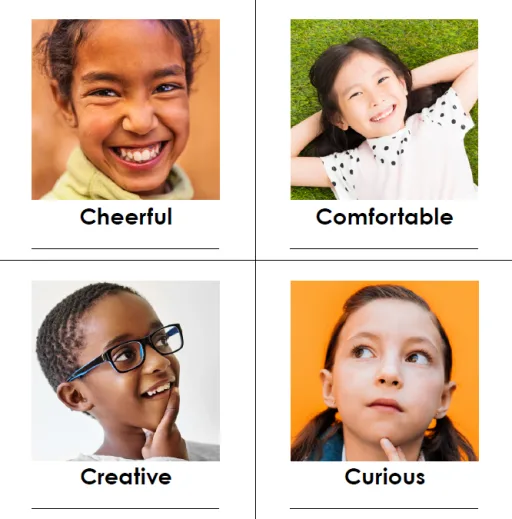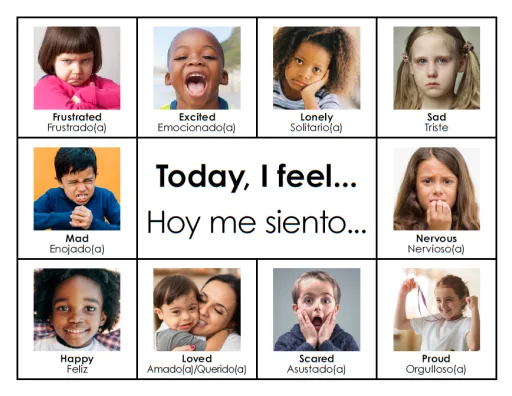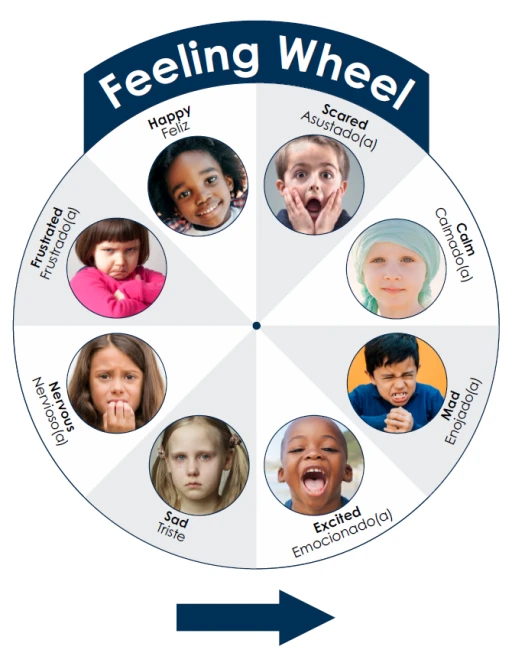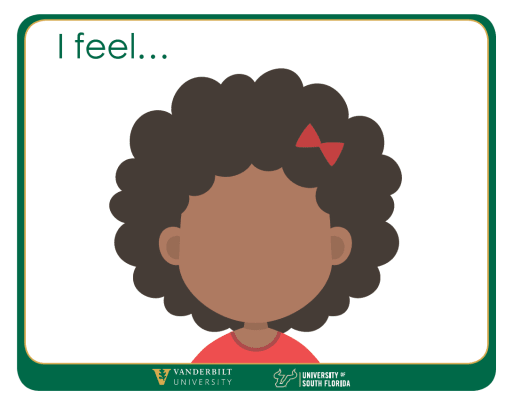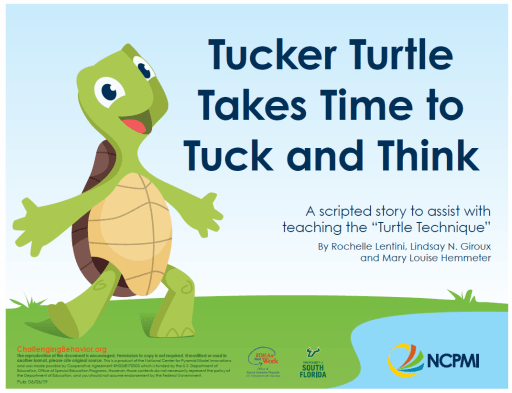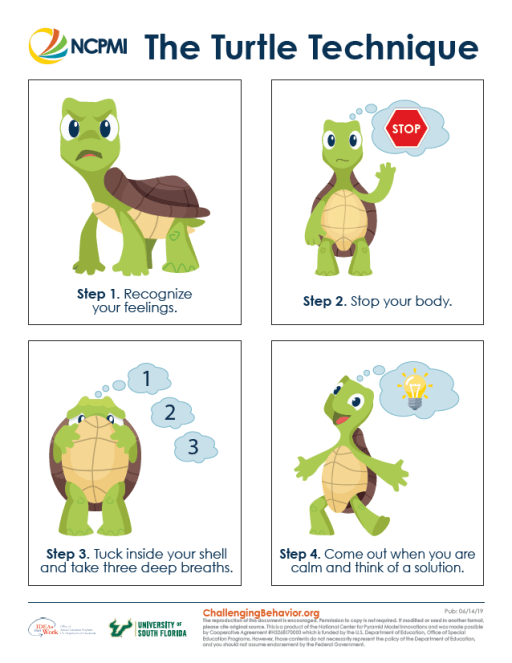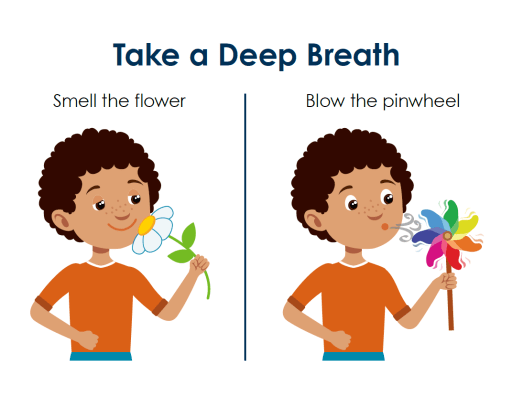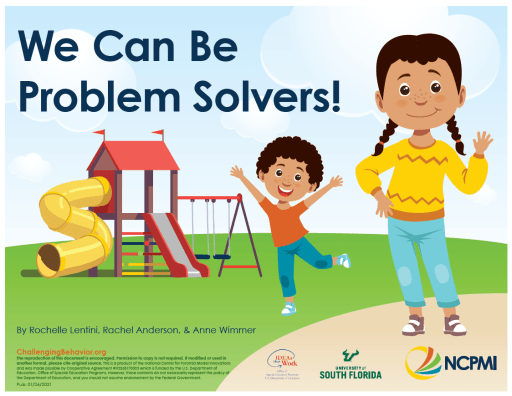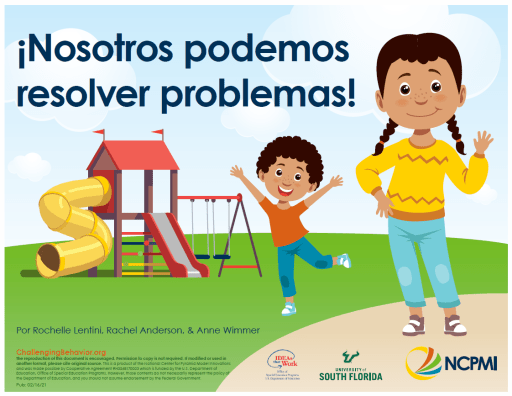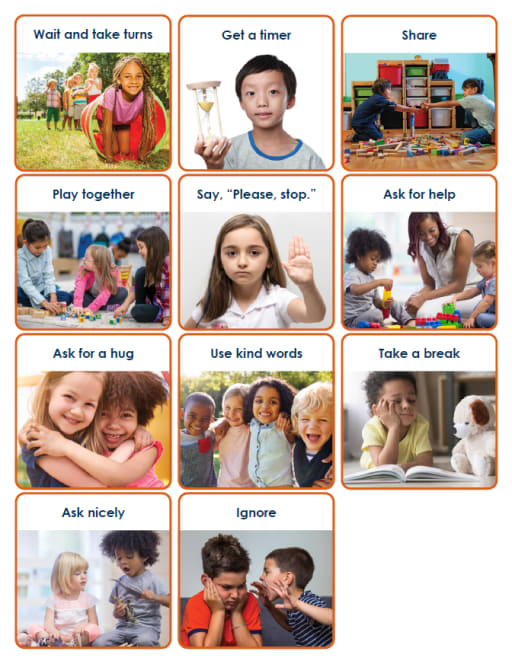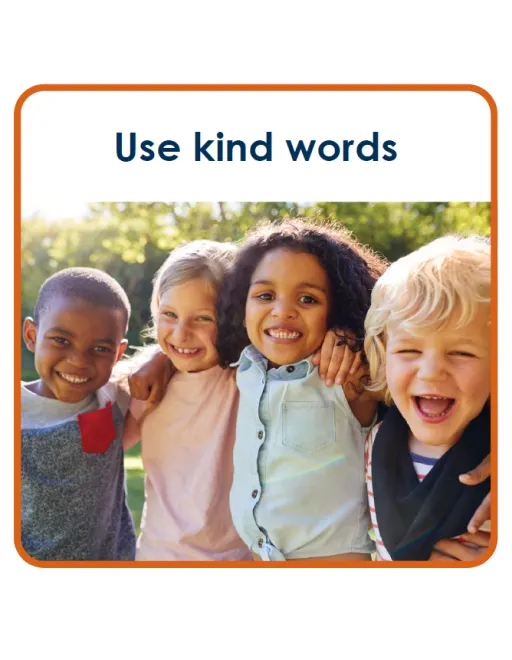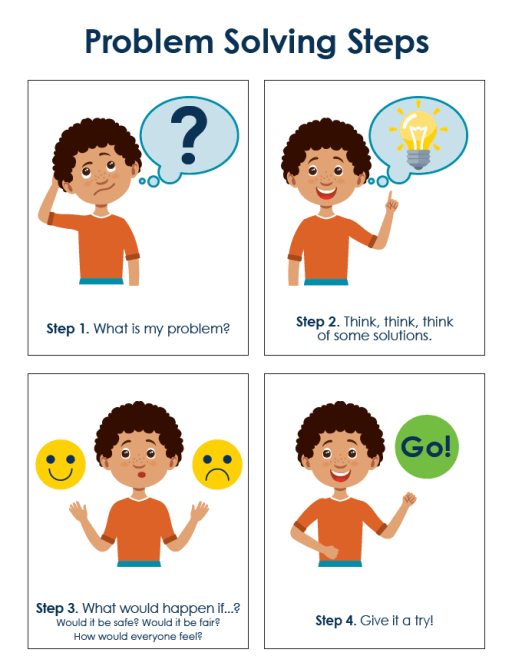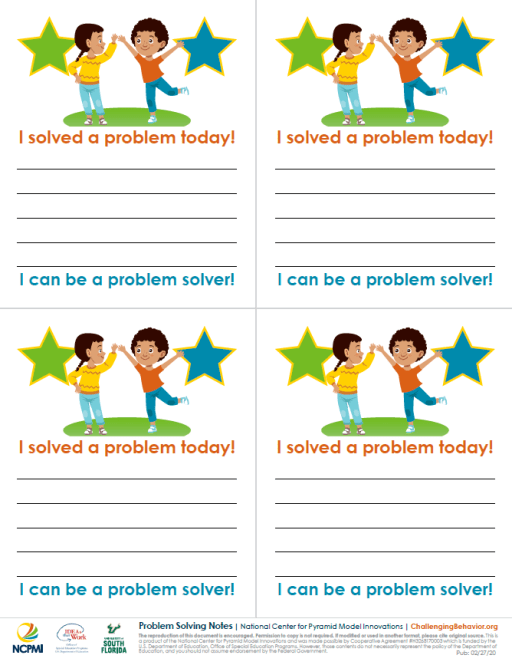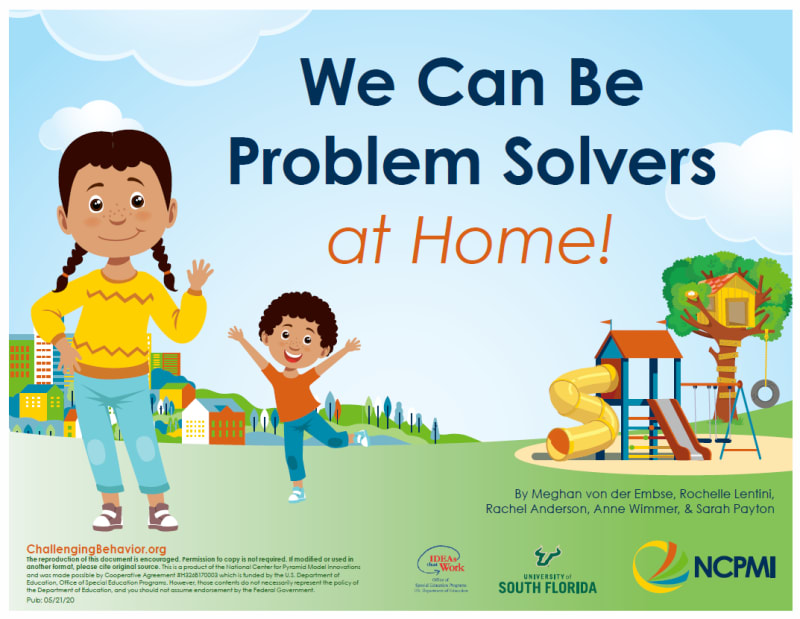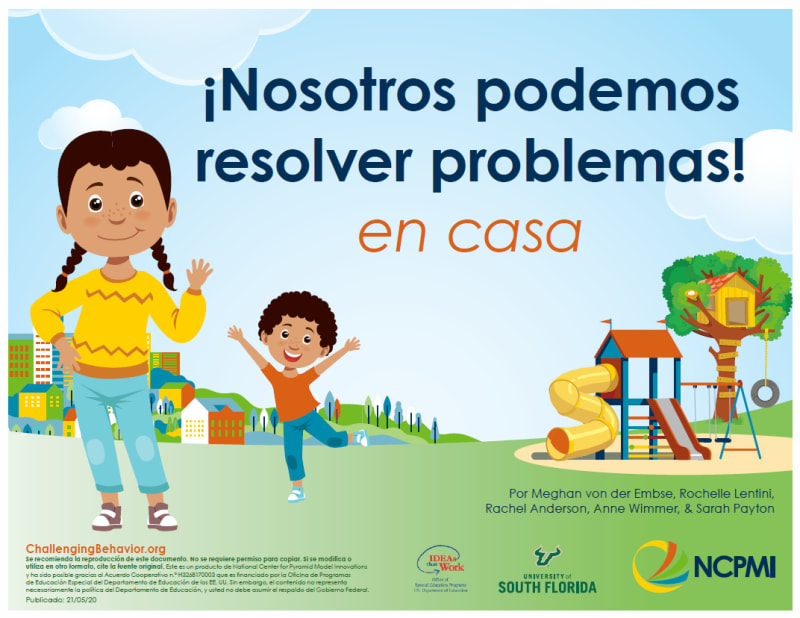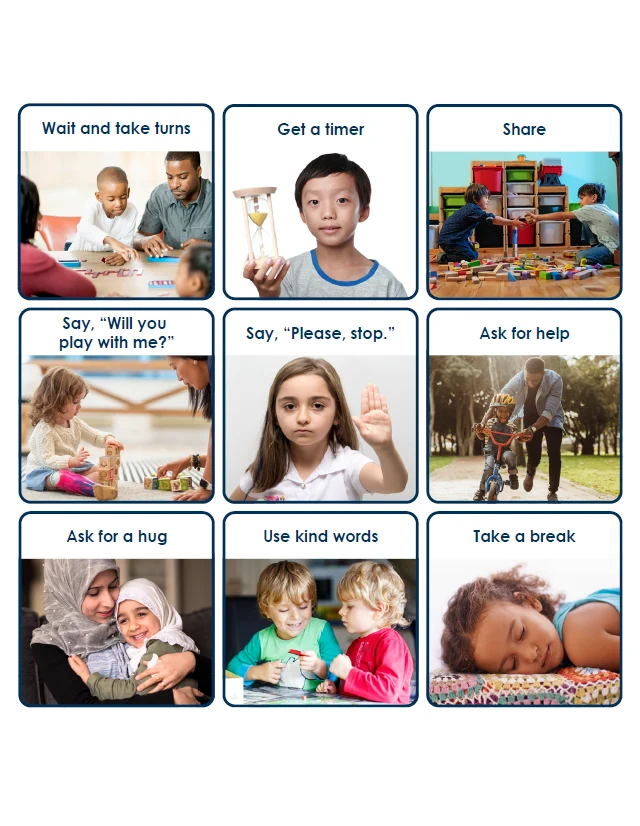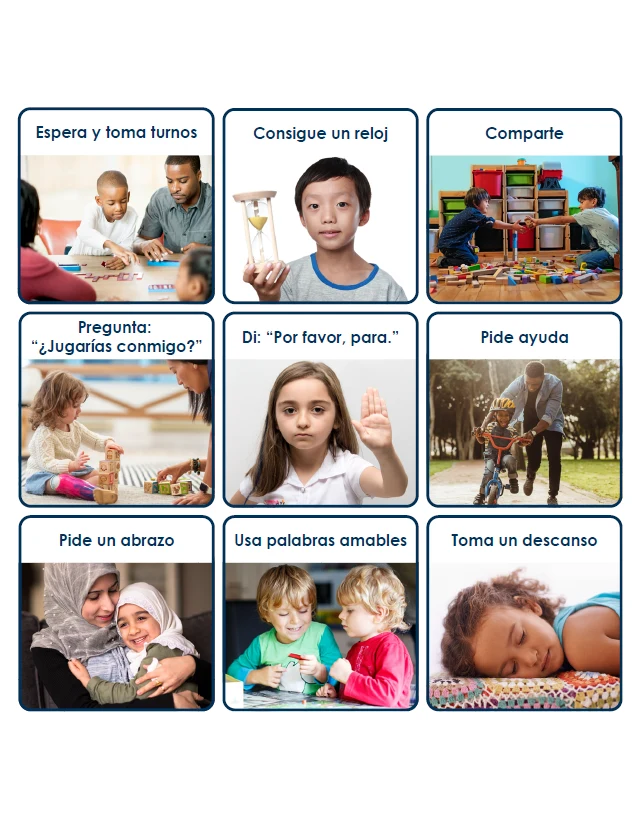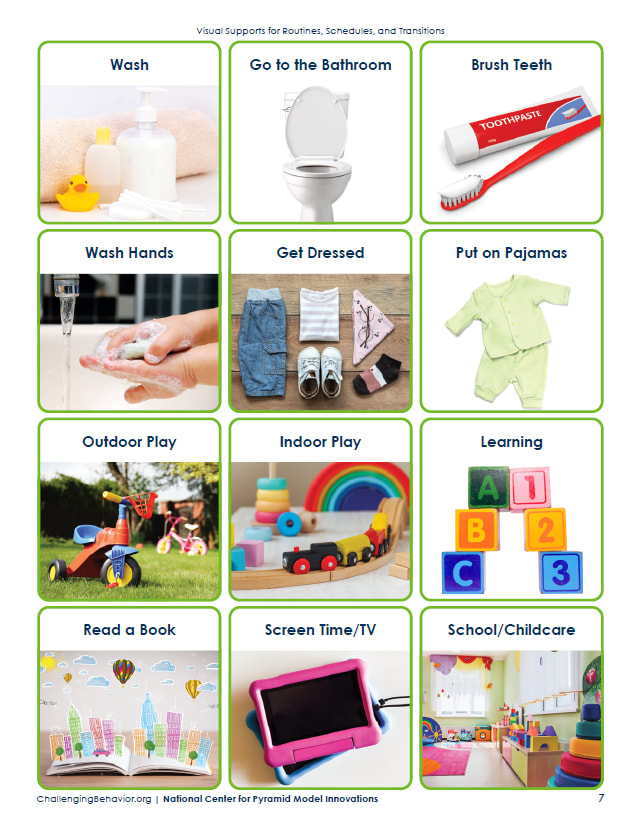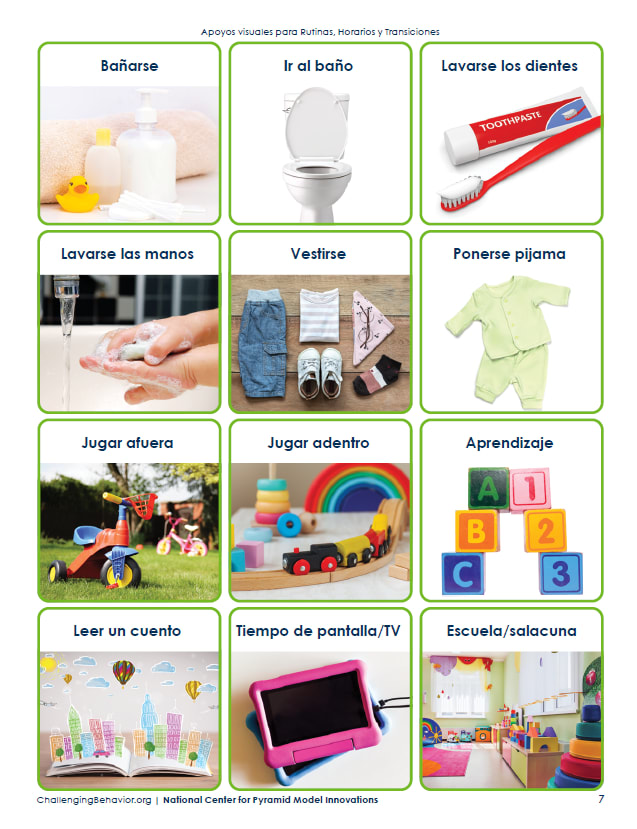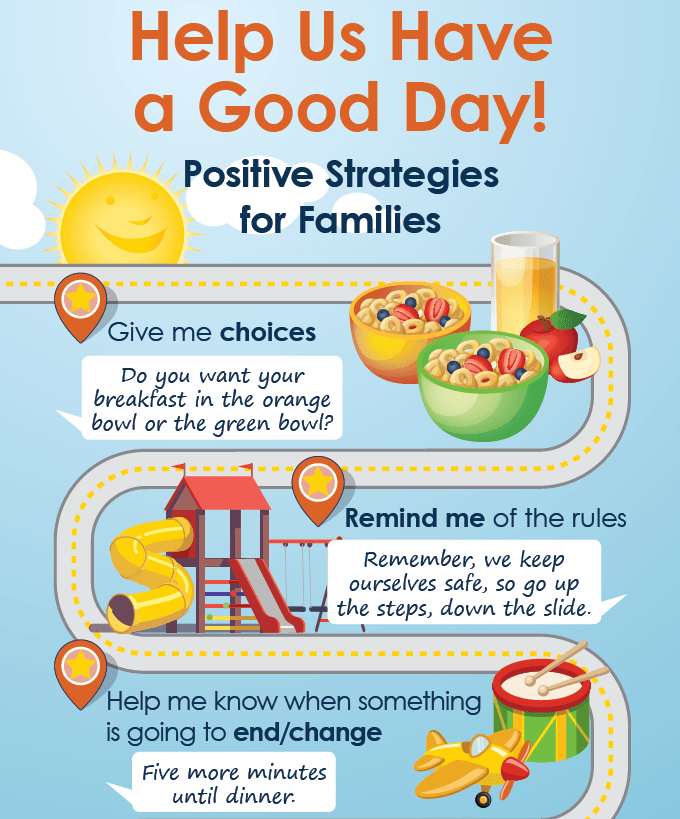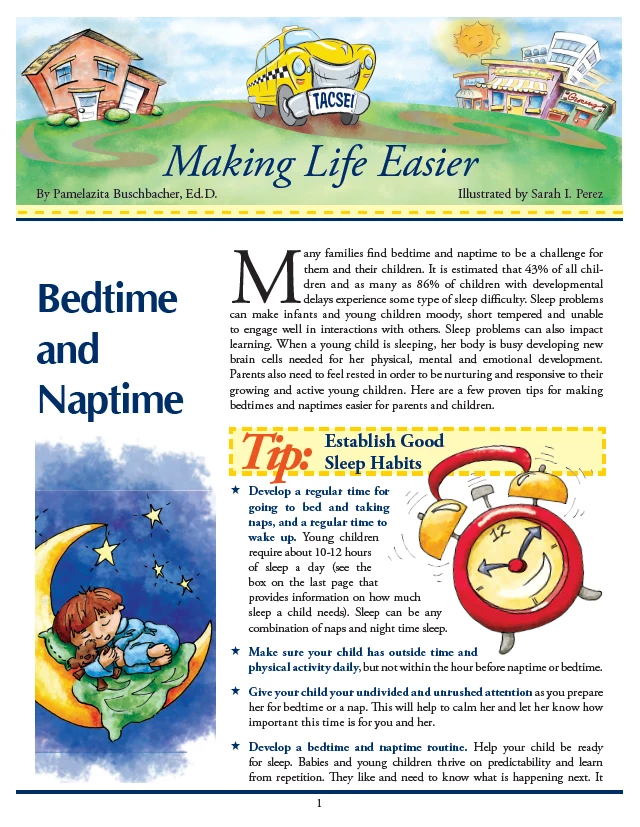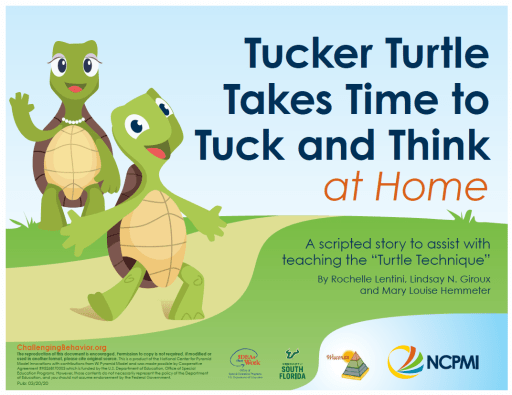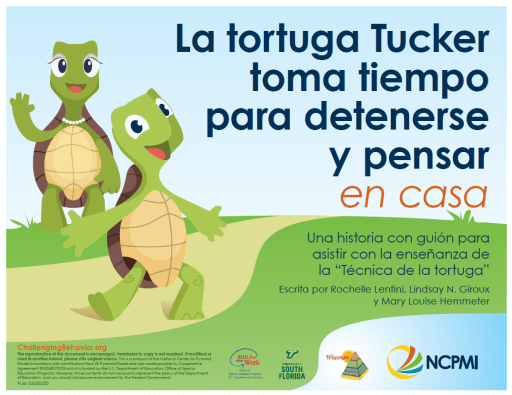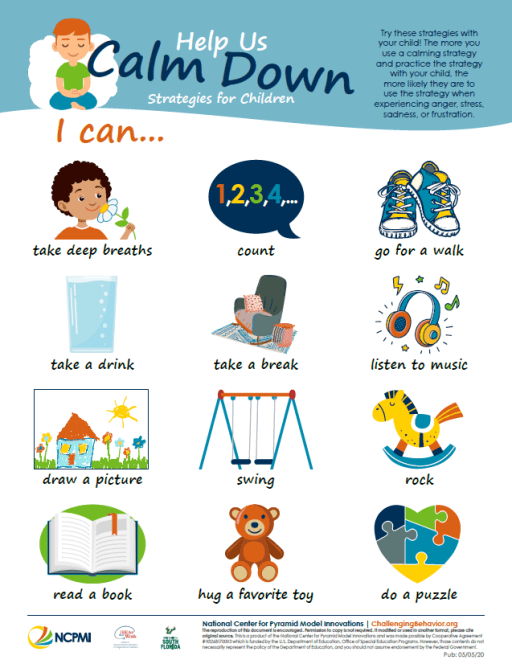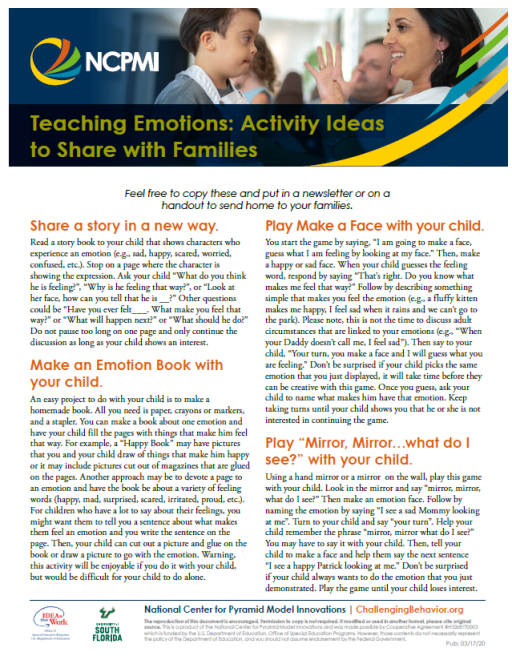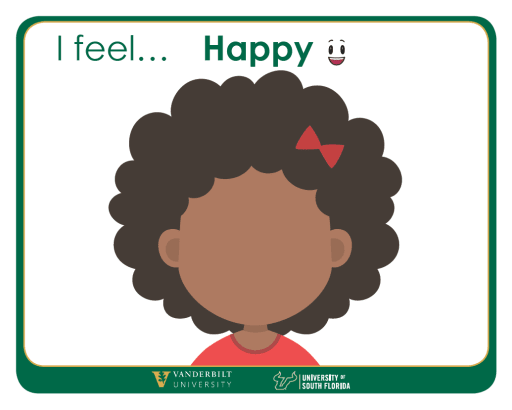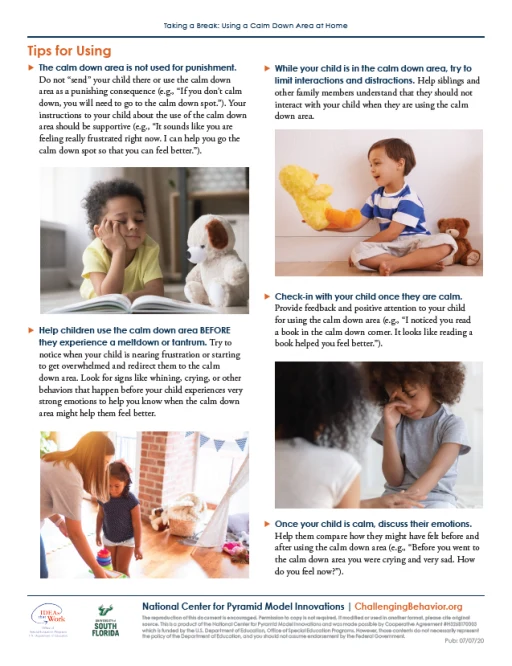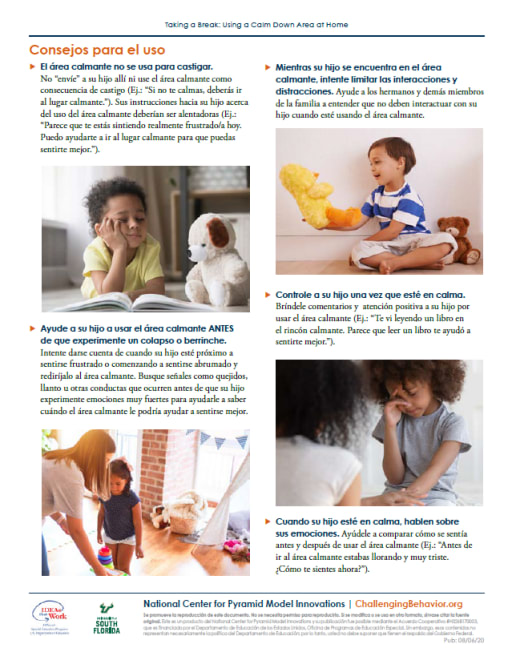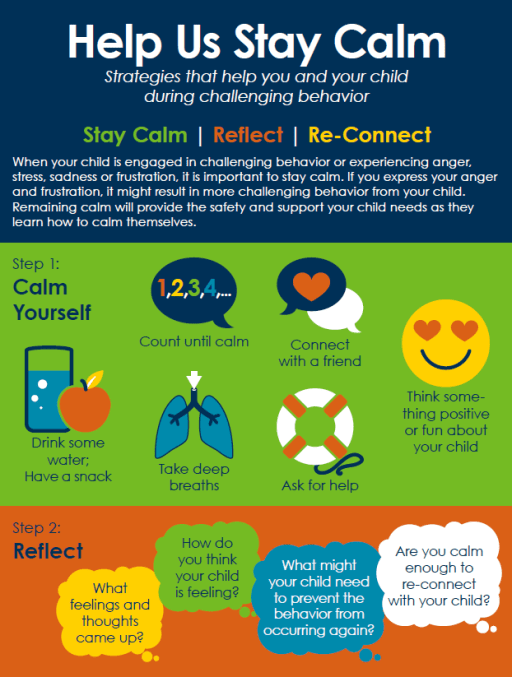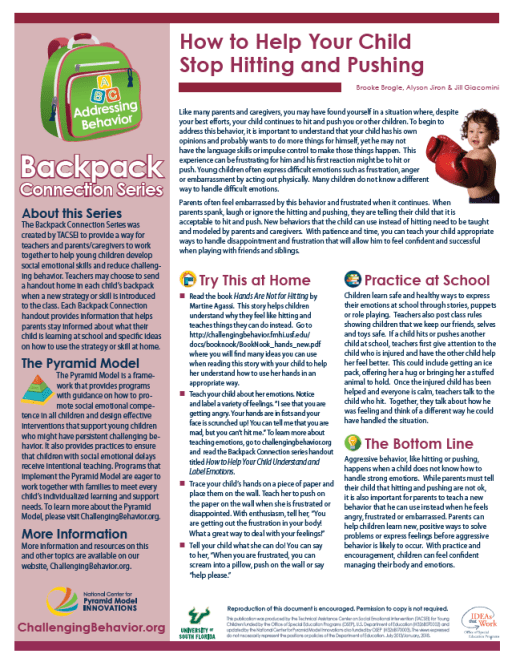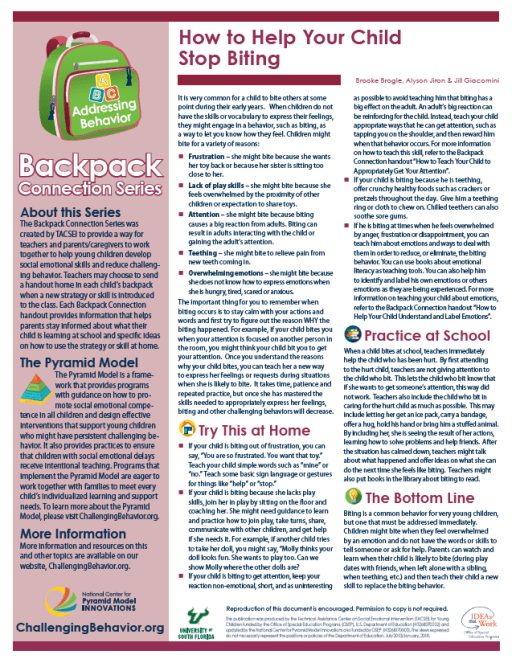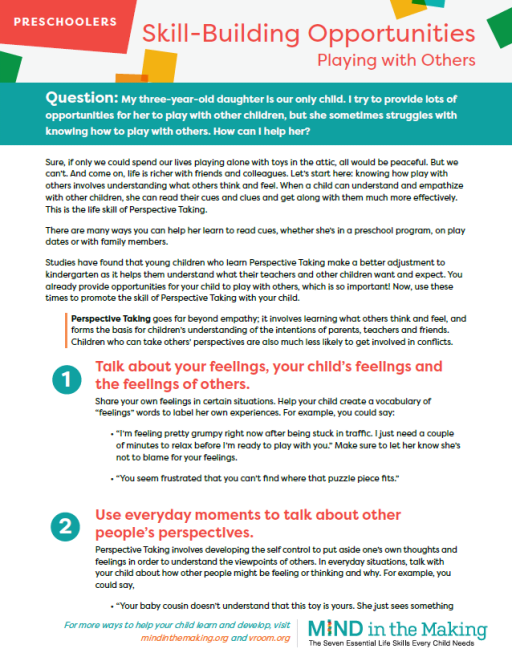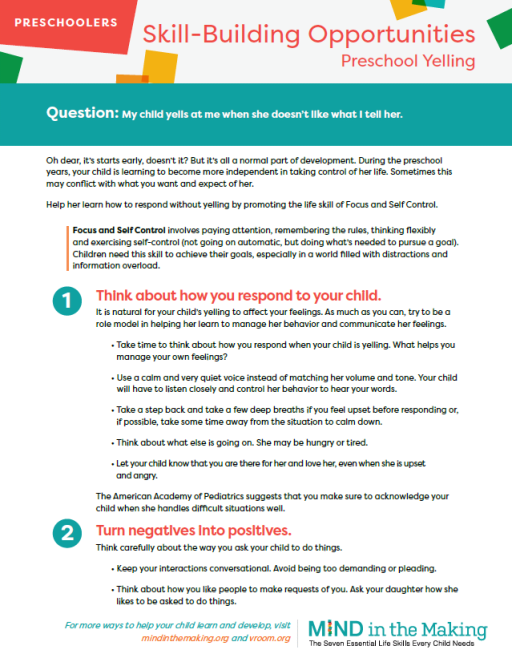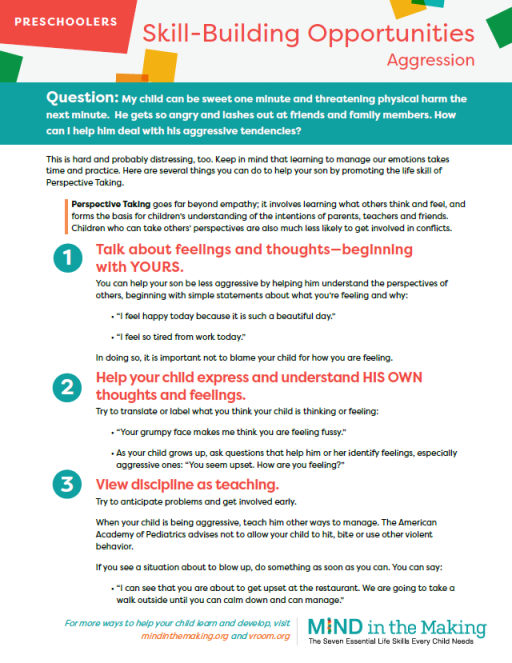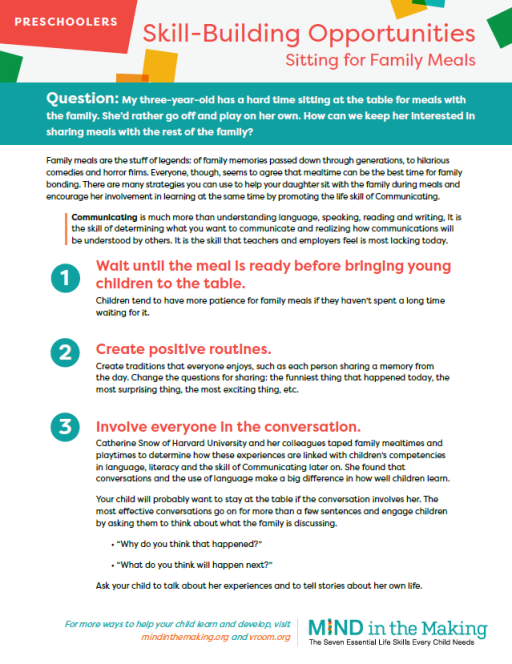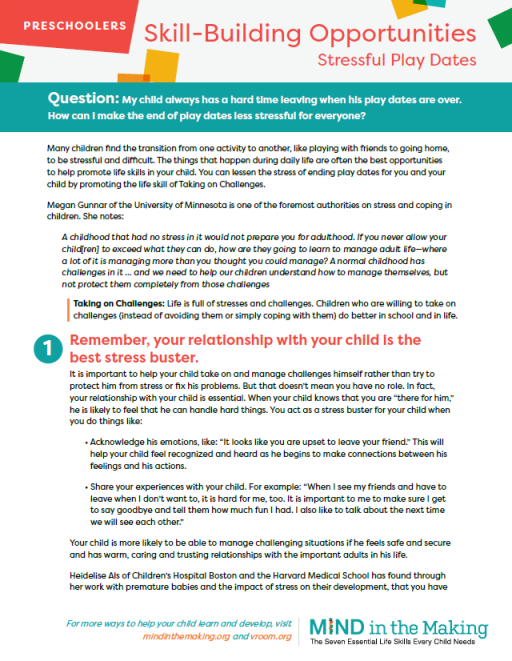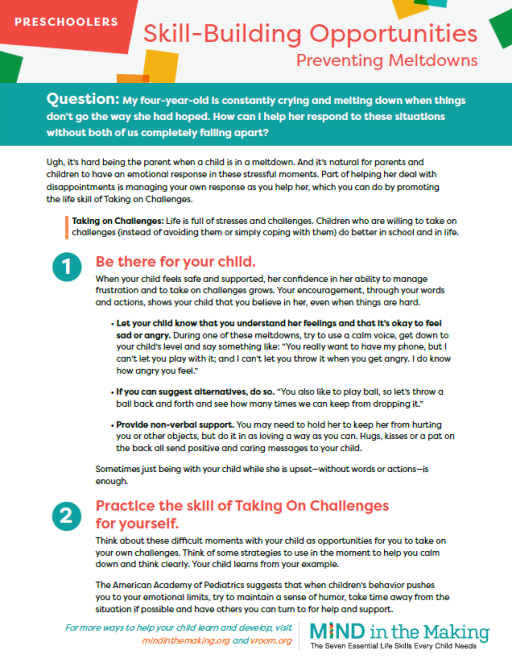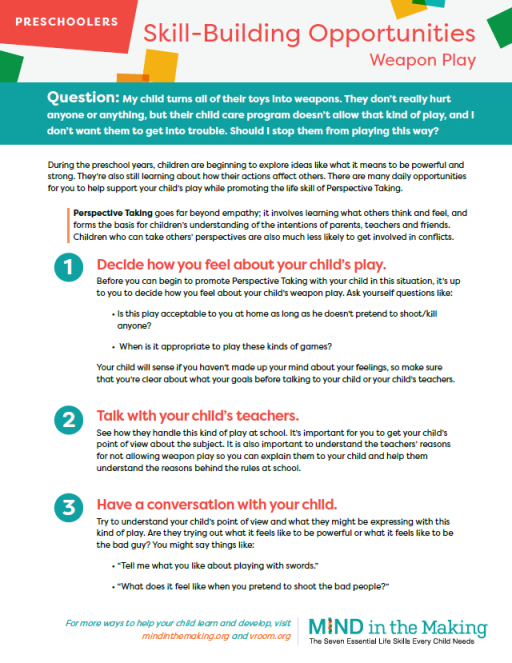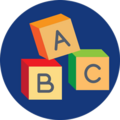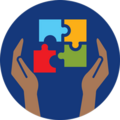Early Childhood Social Emotional: PBIS
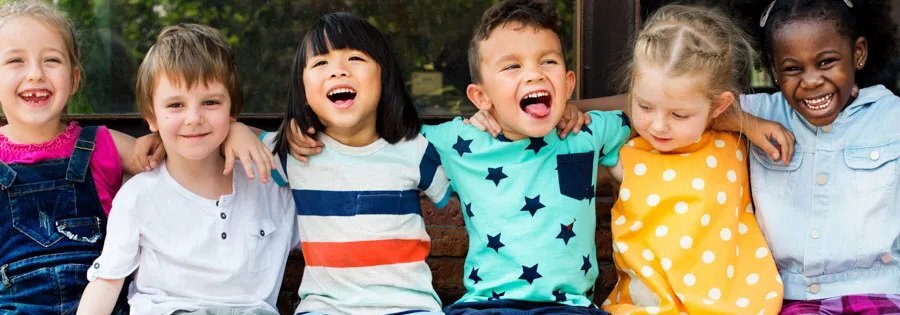
Social and emotional skills provide the foundation for our youngest learners in Wayne County to grow and most importantly - thrive! In Early Childhood PBIS (Positive Behavioral Interventions and Supports); teaching, supporting and practicing the development of social and emotional skills is one of the foundational elements to support all children. Partnering with children’s families to support these skills, and to support challenging behaviors, is also essential. The classroom and family resources that you will find on this webpage reflect that - best practice in early childhood education. These materials can be independently used in any classroom setting whether the classroom is participating in PBIS Implementation. We hope you check back often for additional resources.
We hope you check back often for additional resources. If you would like to be notified when additional resources become available, please fill out this Google form to add your email address.
Classroom Resources
Young children need intentional, nurturing, classroom supports to develop social and emotional skills. All of the below resources can be thoughtfully incorporated into any early childhood classroom, regardless of the chosen curriculum, with confidence that they will be appropriate for your children and classroom.
Building Emotional Literacy
When children are supported as they explore different emotions, they are building their emotional literacy. This includes naming, recognizing and talking about all of the different emotions that children feel. Children are also building emotional literacy skills as they learn strategies to handle the emotions that they are feeling.
Emotional Literacy Resources
Problem Solving
Young children need support, modeling and encouragement from caring adults to develop the skills needed to work towards solving problems on their own. These resources can also help your classroom further develop problem-solving skills when they are intentionally introduced to children and used in meaningful ways.
Problem Solving Resources
Family Resources
Whether you are an educator who is looking for resources to share with a family, or a family member of a young child yourself, we’re so glad you found us. When it comes to helping young children learn about their feelings, create healthy relationships and learn positive ways to work past challenging behaviors - we are all in it together!
Becoming a Problem Solver
Did you know that young children need our help to learn how to solve problems? Below are a few ways that you can help your child become a problem solver at home!
Problem Solver Resources
Developing Routines
When children can predict what comes next in their day it helps them have a sense of security, control and can help reduce power struggles. Take a look at the below materials to help build routines at home for your child!
Developing Routines Resources
Learning Emotions
Young children, just like adults, feel many different emotions! With the help of a trusted adult, children can practice talking about how they are feeling, naming their emotions and learning ways to handle the big feelings that can go along with being little.
Learning Emotions Resources
Supporting Behaviors
When challenging behaviors sneak into your home, it can be so hard to know how to respond the ‘right way’. When adults are able to stay calm, we have the best chance of helping our young children become calm too. Once everyone is calm, and safe, it’s important to reconnect again with your child; then, we can share how we are feeling and talk about what happened. See below for more tips on common challenging behaviors for young children.
Supporting Behaviors Resources
Program Resources
Tier 1
Tier 1 Resources
NCPMI Resources are listed on this website in English. Please go to challengingbehavior.org for resources available in many other languages.
EC PBIS Teacher Toolkit for Early Childhood (TTEC Guide)
Classroom Environment
Key Elements of High-Quality Early Childhood Learning Environments: Preschool
EC PBIS Classroom Environment: Tier 1
- Daily Routine:
- Room Arrangement:
Classroom Management
EC PBIS Classroom Management: Tier 1
- Teaching Behavior Expectations Across Classroom Routines:
- Transitions:
- Child Engagement:
- Adult-Child Interactions:
- It Takes Two: The Role of Co-Regulation in Building Self-Regulation Skills
- Strategies for Co-Regulating with Students
- Teaching Strategies- Guiding Children’s Behavior
- Teaching Strategies- Six Positive Messages
- NCPMI Building Positive Relationships with Young Children
- NCPMI Supporting Behavior through Connection
- NCPMI Communication is Key
- Four Elements of Connection
- NCPMI Providing Positive Descriptive Feedback and Encouragement
- NCPMI Recommendations and Considerations for Positive Descriptive Feedback
- NCPMI Some Starters for Giving Positive Feedback and Encouragement
- NCPMI Use Positive Words
- Tips for Interacting with Your Child in Play
- TRUST in Children’s Play
- Food Talk! Conversation Cards for Mealtimes
Teaching Social-Emotional Skills
“You Got It” Teaching Social And Emotional Skills
- Emotional Literacy:
- Friendship Skills:
- Conflict Resolution and Problem-Solving Skills:
- Challenges and Solutions for Teaching Problem-Solving Skills
- We Can Be Problem Solvers! - Scripted Story
- Introducing the Solution Kit!
- Problem-Solving Steps
- Solution Kit: Classroom Edition Small
- Solution Kit: Classroom Edition Large
- Suri Spider Selects a Solution - Scripted Story
- Problem Solving in the Real World
Tier 2
TTEC Guide
EC PBIS Teacher Toolkit for Early Childhood (TTEC Guide)
Behavior Strategies Resources
5 Classroom-wide Practices to Improve Behavior
Book Nook in NCPMI Practical Strategies
- Behavior Regulation:
- Prompting:
- Functions of Behavior:
- Peer-Mediated Interventions:
Tier 3
Wayne RESA Early Childhood Guidelines For Behavior Intervention Resources
Essential Instructional Practices in Social Emotional Learning: Early Childhood
Functional Behavioral Assessment Consent Form
Behavioral Response Script
Check-In / Check-Out Snapshot
Check-In / Check-Out Visual Schedule
First and Then Template
If and Then Template
Looking for the PBIS training?

